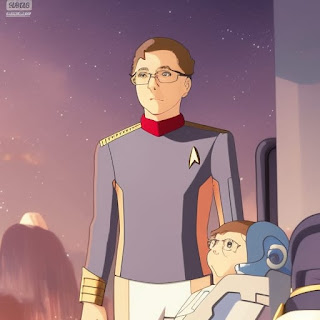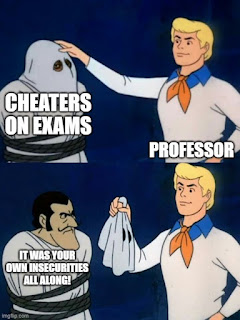2023 Academic Year in Review

[warning - a bit of long post] Well, here we are! The end of 2023! It seems like only yesterday that we were starting to hear some whispers about this thing called "ChatGPT," but it was in fact about a year ago, and as you know we moved pretty quickly through that hype cycle. Don't worry, this entire YIR (year in review) won't be about ChatGPT 😂. As I was pondering other academic-y things over the start of my winter break, I was looking back at the year to see how things moved along. I think I've written (or at least said) this before, but before I started my doctorate I felt like I had a rhythm so far as academic communities, activities, and outputs go, and things got disrupted while I was pursuing my EdD. Coming out of that doctoral process, I felt like I took one exit off the freeway, while many of my other colleagues and friends took another. It feels like the end of a doctoral program is about rediscovering who you are and where things fit. It s...








.jpeg)


